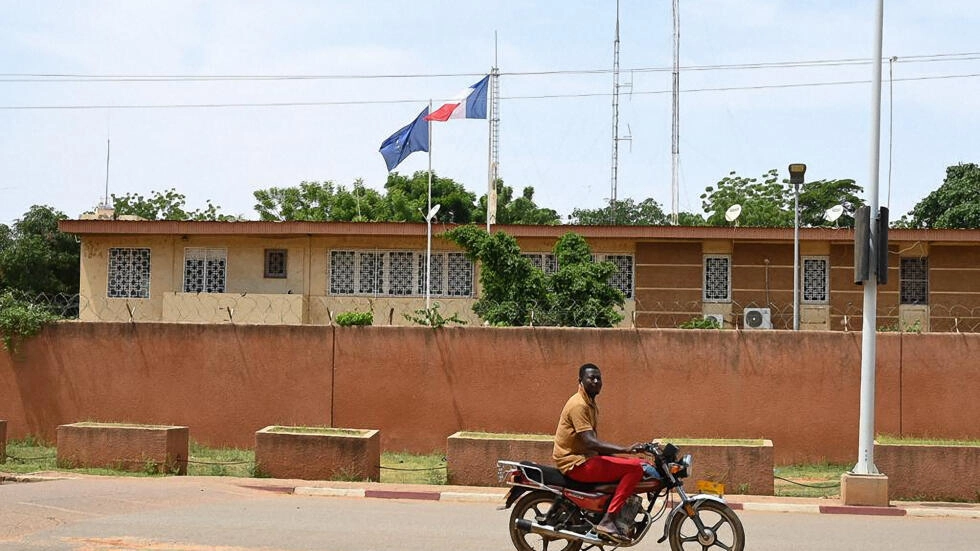
The embassy has declared its inability to operate normally or fulfil its duties due to constraints imposed by Niger’s military government. Former French ambassador Sylvain Itté revealed in a letter that local embassy staff had been terminated. Tensions between Niger and France escalated following the military’s ousting of President Mohamed Bazoum in July.
In September, Itté and several French staff departed, prompted by the military regime’s order for the ambassador’s exit and the blockade of the embassy premises in Niamey. Although pro-junta protestors had previously attacked the embassy after the coup, Nigerien forces dispersed them before entering.
The embassy’s closure announcement coincides with the military government’s deadline for the exit of French troops stationed in Niger to combat jihadist groups linked to al-Qaeda and Islamic State. Most of the 1,500 troops have already left, with the remaining 157 set to depart soon.
Niger’s junta has formed a new defence alliance with Burkina Faso and Mali, both former French colonies where military takeovers have occurred. Anti-French sentiment is on the rise, with blame placed on the former colonial power for not quelling Islamist insurgency and maintaining excessive political and economic influence.
In contrast, the US retains two military bases in Niger, housing over 600 troops. The US sees its presence as vital in countering the influence of Russia’s Wagner mercenary group in West Africa’s Sahel region. Mali’s military junta collaborates with Wagner mercenaries in the fight against jihadists, with the group facing allegations of widespread human rights abuses.
Read: FRC Collaborates with EFCC to Establish MoU
About The Author
Related Articles
NIMC Services Still Down Despite Completion of System Upgrade
Despite the National Identity Management Commission (NIMC) ‘s announcement that it has completed scheduled...
ByMayowa DurosinmiJuly 3, 2025Football: Legendary Nigerian Goalkeeper Peter Rufai Passes Away at 61
Legendary Super Eagles goalkeeper, Peter Rufai, is dead. Fondly known by fans...
ByOluwasegun SanusiJuly 3, 2025Reactions as Malian National Transition Council Member Detained in Côte d’Ivoire Amid Diplomatic Tension
The arrest of Mamadou Hawa Gassama, a prominent member of Mali’s National...
ByOluwasegun SanusiJuly 3, 2025Niger Authorities Destroy Over $714,000 Worth of Illicit Drugs in Major Anti-Trafficking Operation
Niger authorities have destroyed record quantity of illicit drugs worth more than...
ByOluwasegun SanusiJuly 3, 2025












